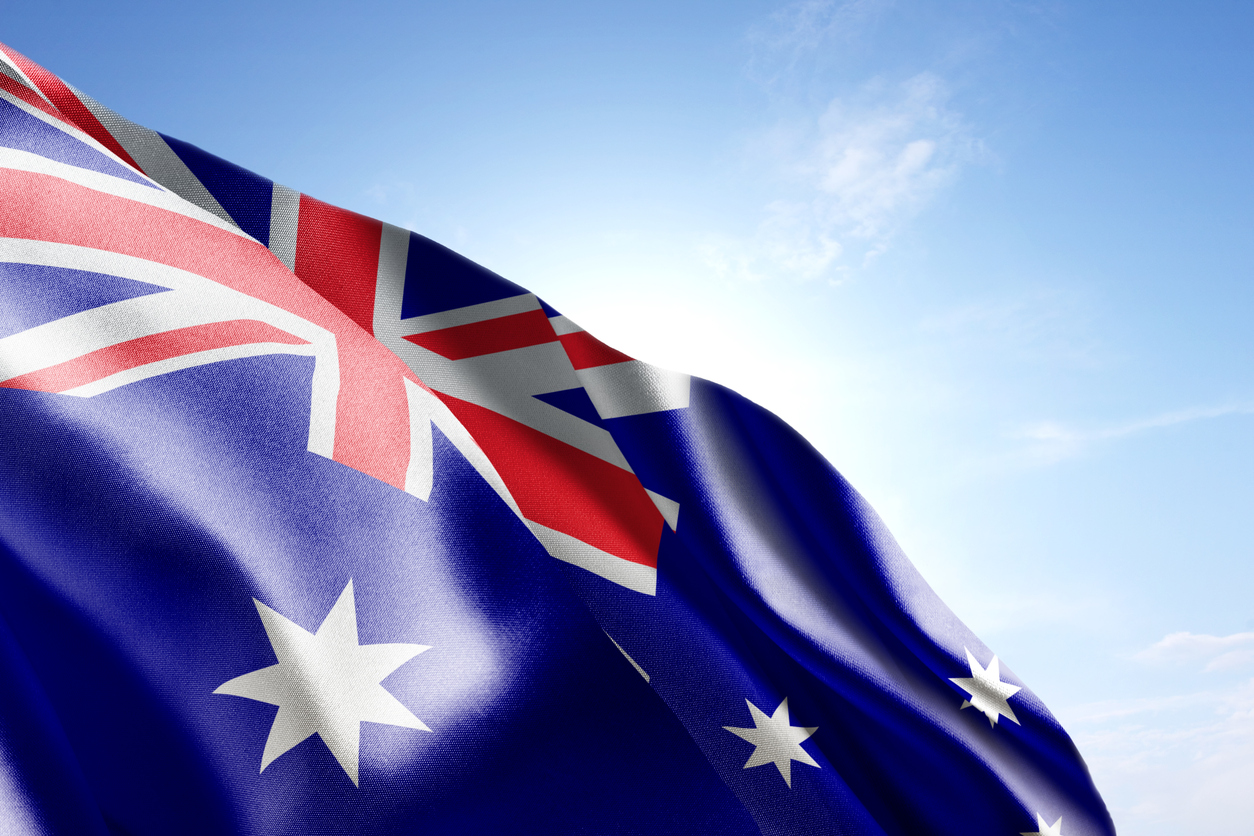
Over the past month, Australia has caused widespread disruption across the digital advertising industry. Following the government’s decision to introduce a new law to solve a long-established row over whether tech giants should pay for news that appears in search or is shared on their platforms, Google threatened to pull out of the country altogether.
Since the threat, Google has cooled down and inked deals with News Corp and Nine Entertainment – the two biggest companies to lobby for the new law. Details of the News Corp deal are scarce, but the agreement with Nine is reported to be worth over AU$30 million a year. If Australia’s media bill becomes law, which looks highly likely, Google will have 90 days to negotiate with publishers over how much they should pay for news content. If no agreement is reached, government-appointed arbitrators will decide what payment is fair.
While it’s clear that the law will pass, it’s unclear if Google will once again threaten to pull out of the country once the full force of the new regulations come into effect. If these services are pulled then brands will be at a loss as platforms like Google Shopping offer retailers a chance to supercharge their awareness and sales.
Marketers should therefore prepare for the worst-case scenario and ensure that they’re able to quickly shift search campaigns to other platforms. The shift from one search engine to another could cause brands to waste adspend if done ineffectively. It could also cause brands to lose out to competitors that have successfully been able to transition to other platforms quickly with the same search terms.
Bing it!
With Microsoft stepping in and promising to fill any step left by Google leaving Australia, marketers need to switch their search campaigns to Bing following any decision by the search engine giant to pull its services. Launched in 2009, Bing is the second most popular search engine worldwide, and has nearly 12% of the US desktop market. While it lags behind Google by a considerable margin, it has similar functions and services, which makes it a sensible alternative.
Take Google Shopping and Bing Shopping. Not only is the Microsoft Merchant Centre and Shopping Ads process very similar to Google, but you can even import the data from an existing Google Merchant Centre account to save time and effort in creating Bing Shopping campaigns. That being said, there are some differences to note when you import your data from Google Merchant Centre. For instance, the product feed is managed as a ‘Catalogue’ by Microsoft, and only products currently in stock will be accepted.
Owning your search data
The crux of any successful shift from one search engine to another is data. Understanding which search terms work across Google will allow marketers to easily input them into other platforms. Marketers that use Google’s “Smart Shopping” software to run their shopping campaigns will be disadvantaged here – Google restricts access to vital campaign data, without which any campaigns on alternative platforms will have to start the optimisation process again from scratch.
The fallout from the Australia ruling and the subsequent threat’s made by Google highlight the over-reliance on Smart Shopping. If the search engine does eventually pull its services then those marketers using “Smart Shopping” will be at a big disadvantage. Not only will they not have data on previous campaigns, but they will have to effectively start from scratch. If marketers are going to survive any pull in services from Google then they need to bring Google Shopping strategies in-house or with a provider that can bid on their behalf.

Interested in hearing leading global brands discuss subjects like this in person?
Find out more about Digital Marketing World Forum (#DMWF) Europe, London, North America, and Singapore.







Thank you for this wonderful article